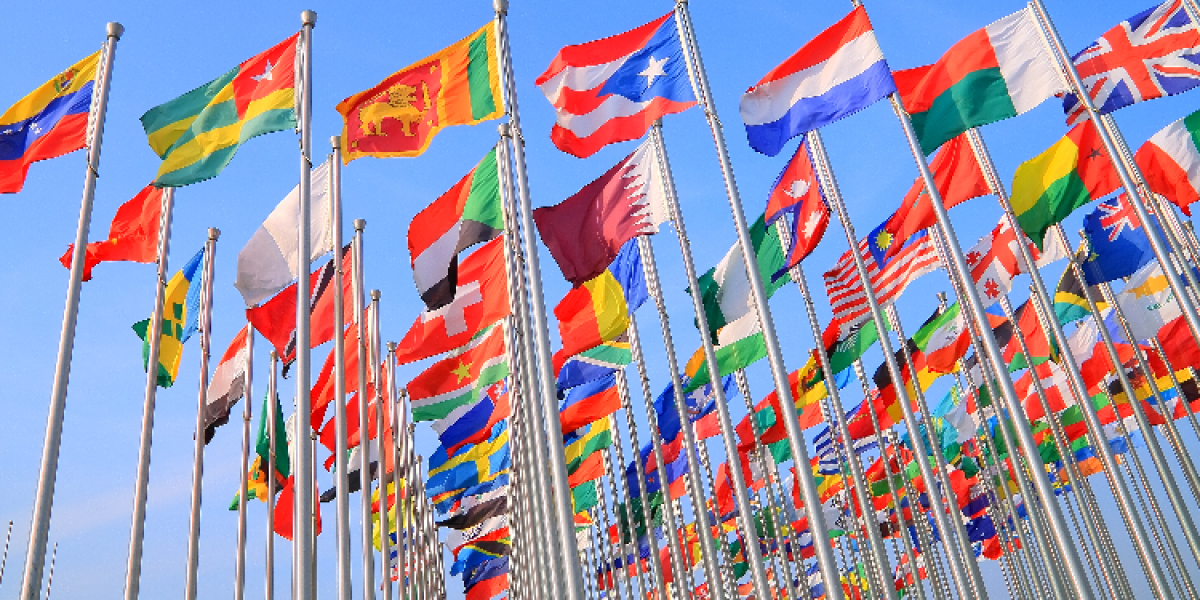
Settling down in a new country is no easy feat. Getting your head round all the new laws surrounding residency and your rights as a resident but also, if you want to, staying in touch with your home country’s political and economic life is a lot to take in. Usually, embassies and consulates are present to help you settle in. But what exactly are their use to an expatriate? And more importantly, can one settle in a country where there is no diplomatic representation?
Is diplomatic representation important?
Simply put, it's very important to have diplomatic representation! You're living in a new country, after all, and if anything happens you want to be sure that your home country can help you out without too much delay or without going through too many administrative hurdles.
But over and above that, it is useful to have diplomatic representation in your host country should you have any questions regarding legislation in either country. Representatives in embassies and consulates are usually able to give you assistance and ensure you're on the right path.
Types of diplomatic representation
As we mentioned earlier, expats can find both embassies and consulates in their host countries. While many might think they're synonymous, there are nuances. Indeed, embassies usually help expats with major diplomatic issues, which means you can only usually find them in the bigger cities of your host country. On the other hand, consulates are more for local administration. As a result, you'll find more consulates in your host country, especially in the areas where there is a denser expat population.
How can embassies and consulates help me?
An instance where embassies can be the most useful is in the case of expired or lost passports. Indeed, it is often difficult for expats to travel to their home country to get passports renewed when they are about to expire and this is when embassies come into play. An embassy can serve as a “temporary” government, if you will and issue a new passport.
But embassies are entrusted with other passport or citizenship processes. For example, embassies can issue documents needed for expats or their children to acquire dual nationality.
Another important function of embassies is maintaining ties to your home country. In countries where remote voting is permitted, it is often up to embassies to issue the documents needed for the absentee voting process or to serve as a voting centre on the day of the vote.
You would also turn to embassies should you need to travel urgently back to your home country in the event of political unrest, war, disease outbreak etc...
Consulates, on the other hand, will help with the more “fun” stuff. For example, they may help the community put on a celebration for a national holiday.
What happens if there is no diplomatic representation in your host country?
If you have your eyes set on a host country but it does not happen to have diplomatic ties with your home country or if there are no embassies or consulates, you may have to jump through some hoops.
The most common option is to travel to your home country's embassy in the nearest country to you if you need to get documents or renew your travel documents. If you live somewhere in central Europe, it may just take you a few hours to do so but in some options it might not be as easy.
Another option is to register with an interests section of your host country's embassy. Usually, they'll be partnered with another country. For instance, Americans in Syria would contact the US Interests Section of the Czech Embassy in Damascus. Some countries may also have honorary consulates you can register with. Or you can register with an embassy that your home country has a reciprocal agreement with on consular assistance.



















